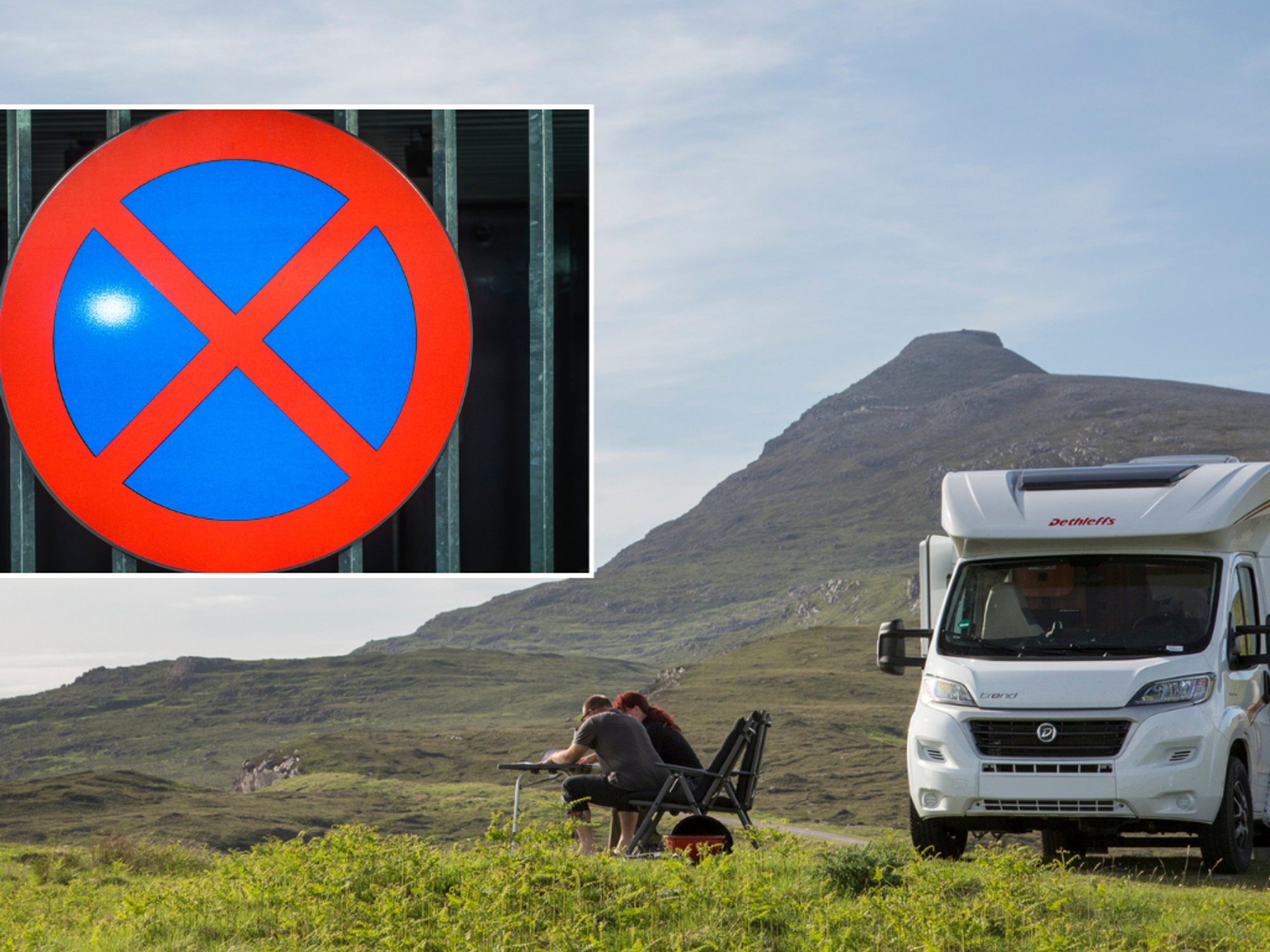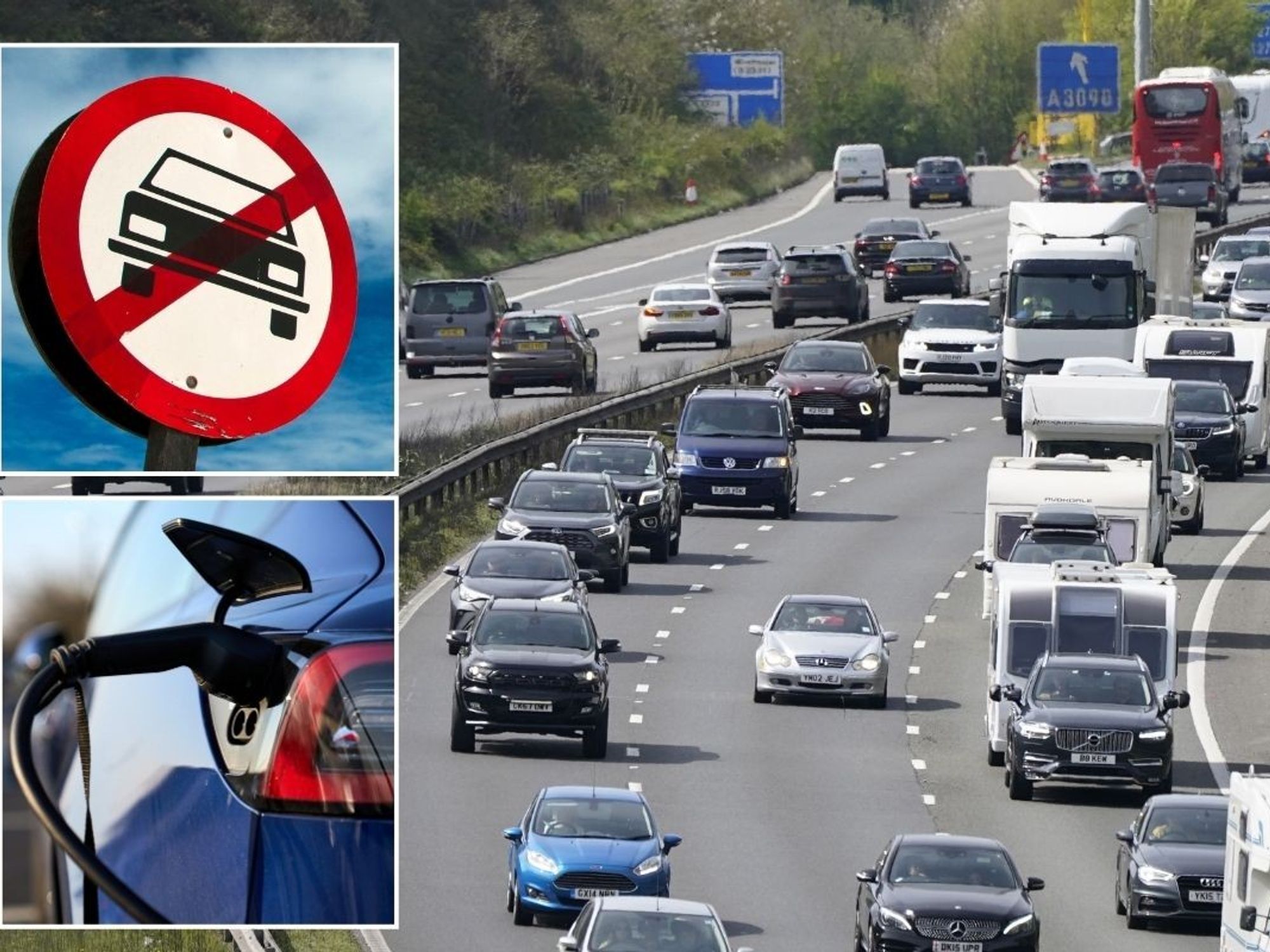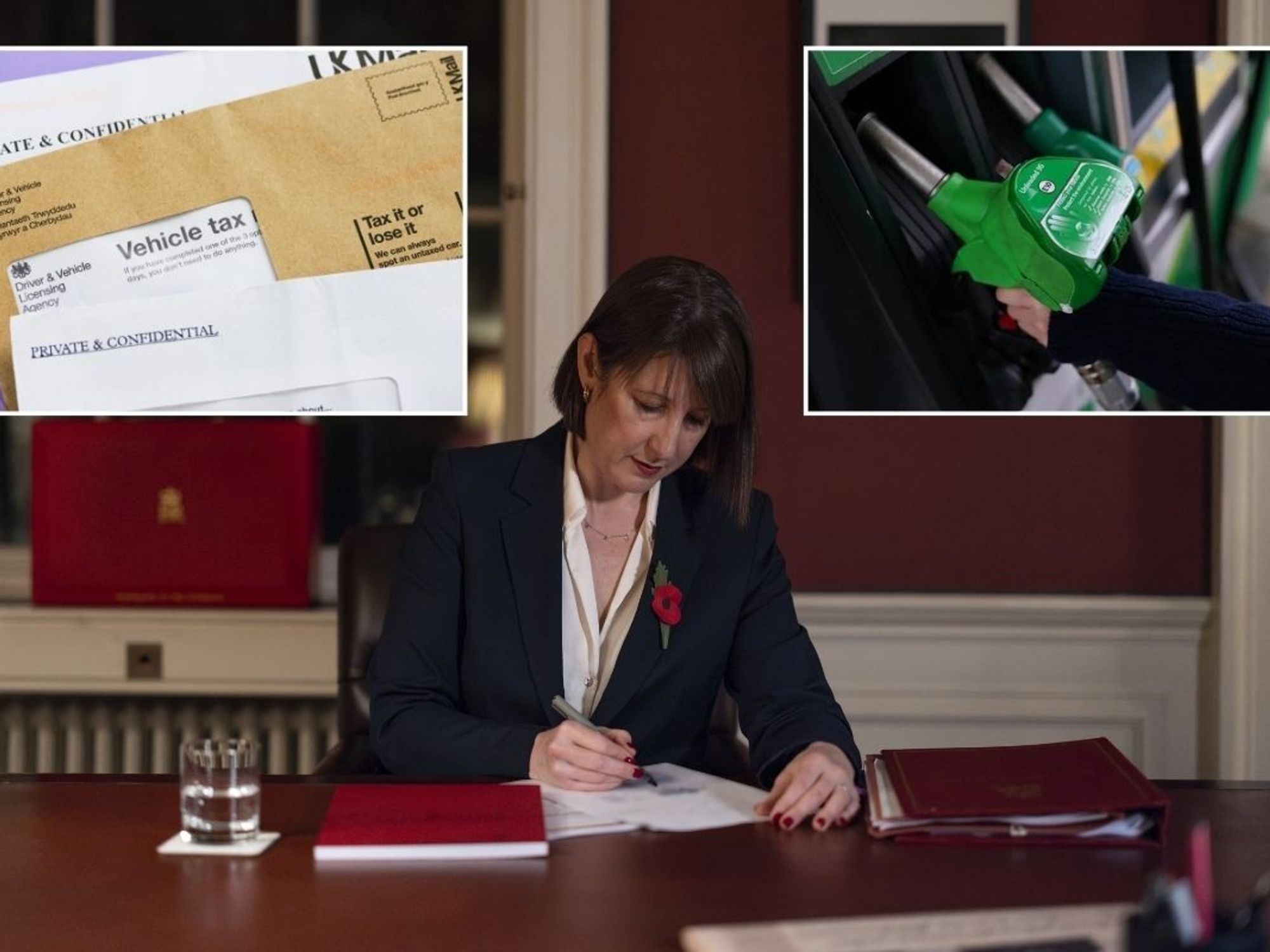Major new fuel 'will be good enough to power cars' within years - 'That would be perfect'
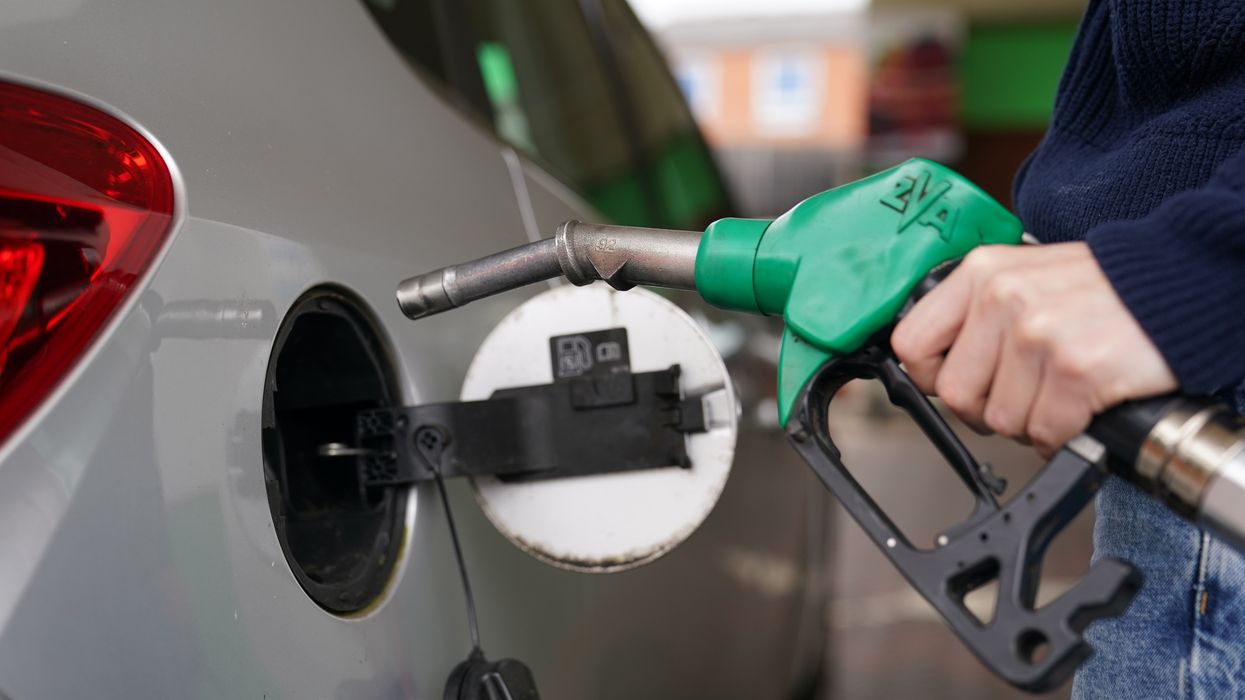
There is optimism that ammonia could become more widespread in the future | PA

'In my opinion, after 15 years, ammonia will be very important, particularly for lorries'
Don't Miss
Most Read
A leading fuel expert has told GB News that ammonia could play a vital role in the future of transport within years and even be used in passenger vehicles.
Ammonia is a zero-carbon fuel that has been suggested by some as being a viable alternative to work alongside battery electric technology and hydrogen fuel cells.
Shanwen Tao, Professor of Chemical Engineering and Sustainable Processes at the University of Warwick, spoke to GB News about the potential use of "very low cost" ammonia in vehicles.
When compared to other popular fuel cell alternatives, the expert said there were still issues. In particular he said hydrogen storage was an issue 20 years ago, and still is today.
Do you have a story you'd like to share? Get in touch by emailing motoring@gbnews.uk
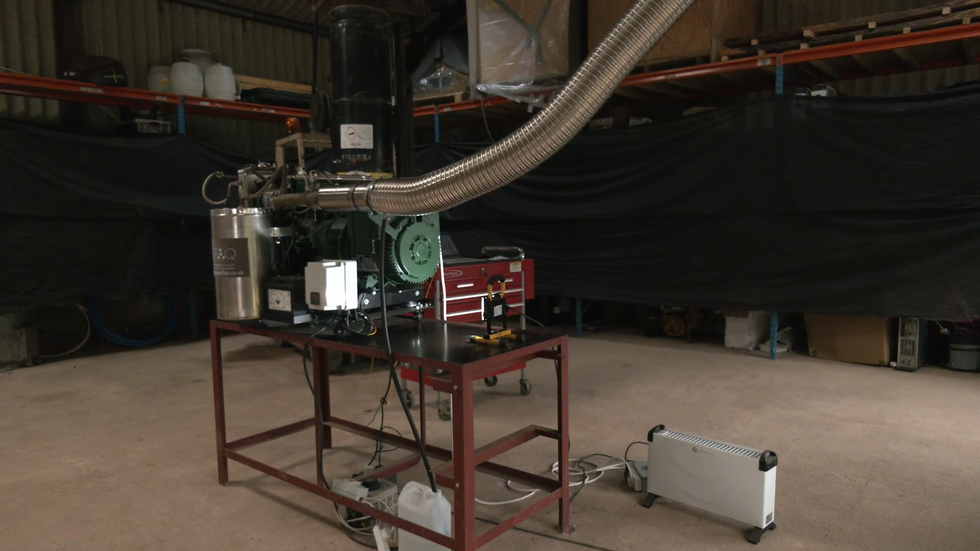 Some ammonia engines are already being developed | GB NEWS
Some ammonia engines are already being developed | GB NEWSHe also predicted that the industry would not need to wait for 20 or 30 years and that a major breathrough could come far sooner.
Professor Tao added: "In my opinion, it will be in 10 [years]. I believe ammonia fuels will be good enough to power cars, lorries, vessels and ships. For planes, it might be a bit longer because of safety."
He said ammonia could work hand-in-hand with battery electric technology, particularly for lorries, since they need a lot of power.
The Professor highlighted how the electric battery inside a lorry is around three tonnes and takes a long way to change, as well as the costs involved.
He mentioned that ammonia could be used in long-haul driving, like inside lorries, since the refuelling time is roughly the same time as if diesel were being used.
Ammonia fuel cells are being developed at Warwick University, and since it does not require the use of precious metals, the cost is much lower than hydrogen fuel cells.
Researchers at the University launched a £400,000 project to investigate the UK take-up of greener hydrogen and liquid low-carbon fuels including ammonia.
Testing at the University found that an internal combustion engine to power a vehicle can be fuelled using both ammonia and hydrogen. It was found that the overall energy efficiency of the system was around 61.8 per cent.
Professor Tao said: "Lorry drivers are not patient enough to wait four or five hours to charge their batteries. But if it takes just a few minutes, they can get a coffee and go on. That would be perfect.
"It's low cost, can drive long distances, say 1,000 miles, a very short refuel time. Then it would be very good.
"In my opinion, after 15 years, ammonia will be very important, particularly for lorries."
GAC, a Chinese state-owned manufacturer, unveiled an ammonia prototype vehicle that could produce 161bhp while emitting 90 per cent less carbon compared to unleaded petrol.
LATEST DEVELOPMENTS:
WATCH: Ammonia engines being tested in the UK
In partnership with Toyota, the ammonia-powered vehicle takes inspiration from the maritime and haulage industries, which are already testing the fuel source as an alternative to diesel.








